
Recently, four Political Science courses with face-to-face (F2F) components “subject to approval” appeared in the pre-enlistment module of UP Computerized Registration System (CRS).
Three of these courses — one POLSC 110 (Political Analysis) class, and two POLSC 130 (Introduction to Comparative Politics) classes — are offered by Asst. Prof. Sol Iglesias.
Asst. Prof. Iglesias stressed that the said F2F components of her offered courses are not required and are yet to be approved by education authorities.
Hybrid Learning
In an exclusive interview with SINAG, Asst. Prof. Iglesias mentioned that she proposed to conduct hybrid learning for her POLSC 110 and POLSC 130 classes this coming 2nd semester.
Her students, as she noted, will be given the option to choose whether they want to pursue their classes in a remote learning fashion only, or attend in-person classes in specified periods of the semester.
“The basic idea that I propose, at least for my classes, is hybrid learning. First of all, students have the option to participate 100% online. However, for students who are able and willing to be on campus, I propose to hold a few in-person classes at important points during the semester e.g. before midterms and finals,” Asst. Prof. Iglesias explained.
She clarified that face-to-face classes will not be conducted for a whole semester as in the pre-pandemic set-up.
Asst. Prof. Iglesias also ensured that safety protocols will be followed during F2F learning activities and shared some of her teaching methods should her proposal be approved.
“The location and procedures for holding [in-person] sessions will need to follow safety protocols. I plan for the sessions to be livestreamed, giving online students the chance to participate actively, and recorded for asynchronous access,”she told SINAG.
Hybrid Concerns
Despite these initiatives and assurances from the department, POLSC majors still have expressed their concerns regarding the proposed face-to-face components for selected POLSC courses.
POLSC Department Representative Marco Terrado told SINAG that the main concerns of the POLSC majors are “mostly parental and logistical issues.”
“Some students are far from Metro Manila while some would encounter issues with their parents allowing them. If ever, they would only have one class in F2F, and the costs of finding a place and traveling for just one class for a short period of time wouldn’t be practical,” Terrado added.
POLSC sophomore Anton Vallente added that he was worried about “the distinct lack of government support for safe F2F classes not only in UP but also elsewhere.”
Last Saturday, the country recorded 39,004 COVID-19 cases, the highest in a single day amid the pandemic. On Friday, the Malacañang extended the Alert Level 3 status in Metro Manila until the end of January 2022 due to the Omicron surge.
Vallente expressed that it would not be safe for the Commission on Higher Education (CHED) to push through limited F2F classes without acknowledging the students’ clamor for mass testing, contact tracing, financial aids, and overall improvement of the government’s pandemic response.
“Without these public health measures carried out on the national scale, it seems as if we’ve been largely abandoned not only for our right to health but also for our right to a decent education,” Vallente insisted.
On Monday, January 10, CHED approved the Phase 2 of the conduct of limited F2F classes in areas under Alert Level 3 starting on January 31, 2022 despite the rise of COVID-19 cases. Guidelines on the said conduct were, however, crafted prior to the Omicron surge last year.
Lack of Consultation
Terrado revealed that the department did not conduct consultations among students before it applied for the conduct of F2F next semester. “If we’re talking about consultations between the Department and the students, none were conducted,” said Terrado.
POLSC majors were only informed about the proposed conduct of F2F classes through the announcement of the department representative in their department group chat and the notification in the CRS module.
“We were not initially briefed on this announcement. At around December, guidelines from the university were still unclear for us and even for the professors I have spoken to,” POLSC Major JG Gonzales noted.
Before this, students were only informed about each department’s proposal to CHED and how the CSSP Student Council proposed to the College administration for a safe return to face-to-face classes.
Students think that education officials should be more transparent and consultative in crafting F2F plans.
“I think much of the burden should be placed on University officials to more clearly communicate guidelines to all constituents because it is students, professors, and even departments alike who suffer from unclear guidelines, leaving everyone unsure as to what will be their clear course of action for the coming months,” Gonzales added.
Response To Concerns
Asst. Prof. Iglesias reassured that the proposed F2F components in her classes will only be optional.
“The F2F component would be limited and not essential. That means that students who are located outside Metro Manila or who prefer to learn remotely will not be required to attend,” she emphasized.
Meanwhile, Terrado guaranteed all POLSC majors that the POLSC Department will take into account each student’s concerns and “no one will be forced to lose their slots just because of their inability to attend the possible F2F component.”
“All students who are affected have been identified already and actions are being taken to resolve them. Since these solutions involve faculty discussions, I am not in the liberty to disclose them yet. Rest assured that we are pursuing the highest form of sensitivity to the circumstances of our majors,” he added.
Moreover, the lack of application for F2F classes of CSSP to the UP administration is currently being addressed by the CSSP SC who promises to “continue to communicate with the college administration, particularly to assert the need for student representation in the consultation and planning process,” as mentioned on their Facebook page.
A ‘Welcome Development’ to Ligtas na Balik Eskwela (LNBE) Campaign
Despite the concerns of the students towards the development, majors have expressed initial excitement about the announcement of possible F2F classes during the upcoming semester.
“It seemed that the return to campus and the opportunity to participate in lectures without disconnections and a place conducive for learning would finally become a reality,” Vallente shared.
However, Asst. Prof. Iglesias also clarified that the proposal was made before the current Omicron surge, noting that “it remains to be seen whether [F2F classes] can be implemented in time for the coming semester or not.”
“If the suggested format is accepted, the experience will nonetheless be instructive for future efforts toward hybrid learning and an eventual return to campus,” she told SINAG.
If approved, Asst. Prof. Iglesias’ proposal can act as a stepping stone for the gradual return of in-person classes in POLSC department and CSSP.
CSSP SC Chairperson Neo Aison said, “the introduction of these ‘exploratory’ courses is indeed a welcome development in our campaign for #LigtasNaBalikEskwela and #KAPPBack2022. It simply shows how, even at the Department level, there is initiative (and an evident need) for our campaign.”
“It can be overwhelming to push for both LNBE and Academic Ease, but the two shouldn’t be seen as separate campaigns. Insofar as we remain in this pandemic and the remote setup with no sight of F2F classes ahead, the burden of coping will always end up on students and teachers,” he added.
READ: CSSP SC’s Position Paper for Ligtas na Balik Eskwela
tinyurl.com/CSSP-LNBE-PosPaper
As the POLSC F2F component remains undecided and the COVID-19 cases surge, students are now clamoring to move the next semester and a recovery break from the effects of the pandemic and typhoons during this semester’s final weeks which the UP administration is yet to respond to.
#LigtasNaBalikEskwela

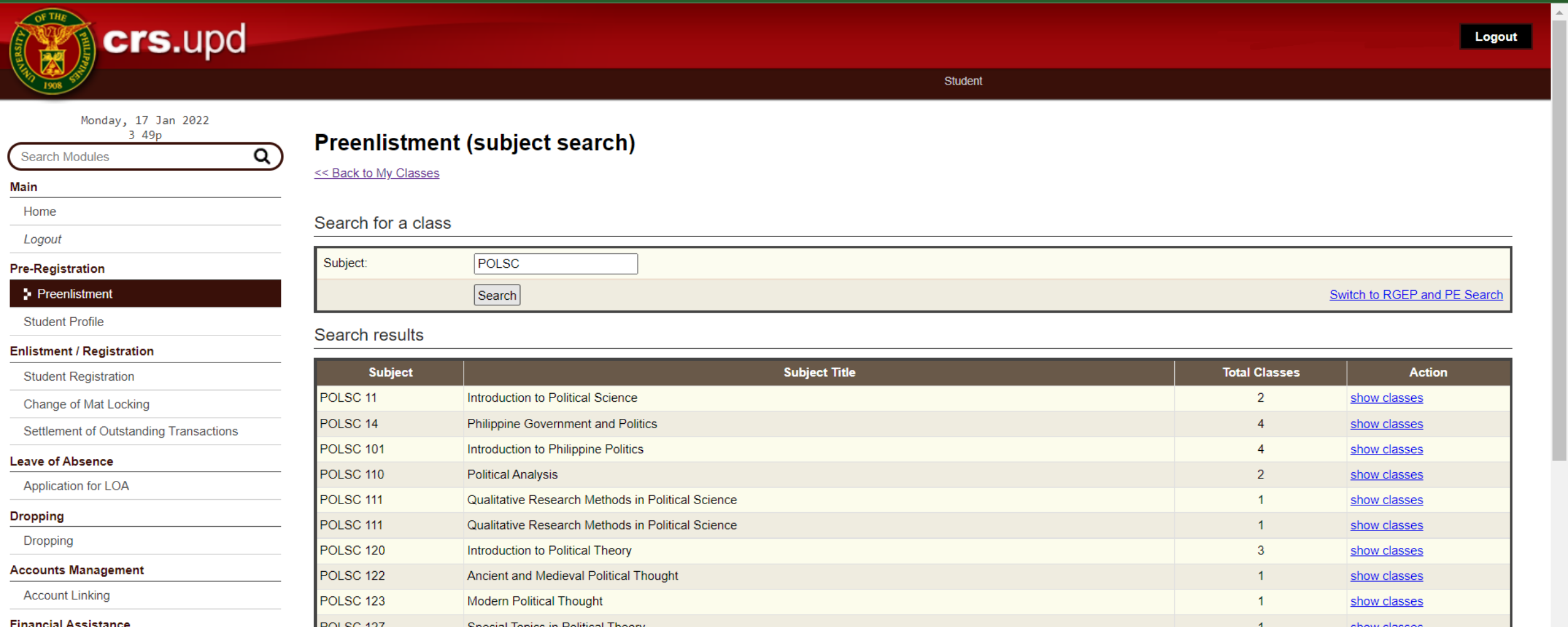

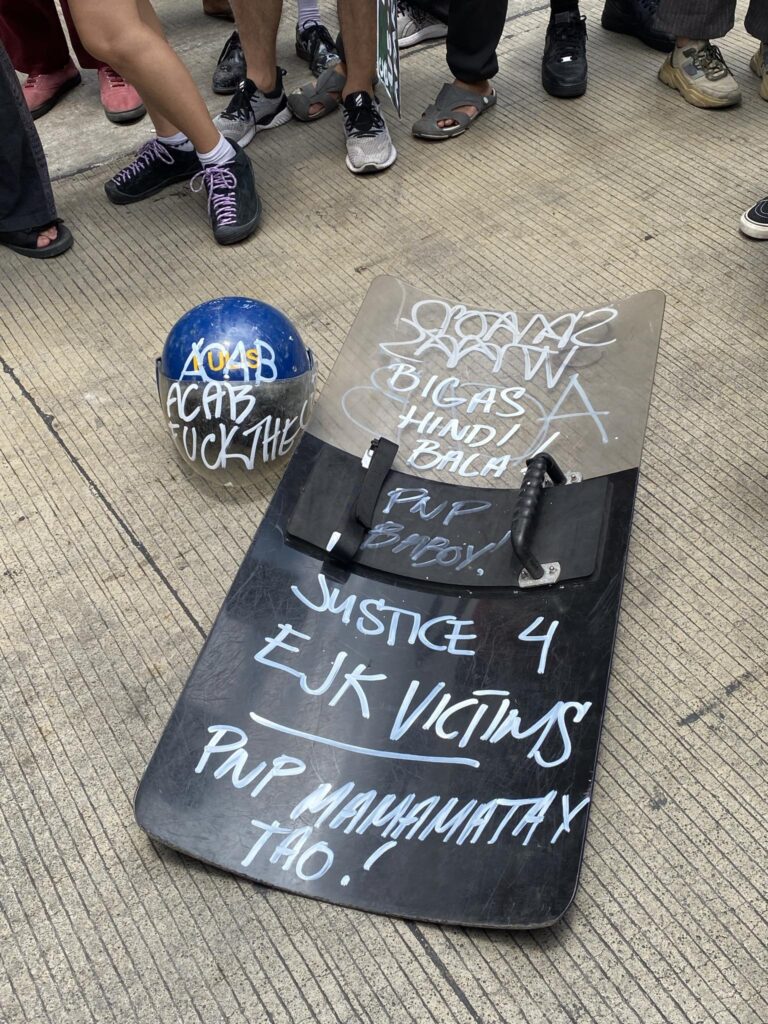
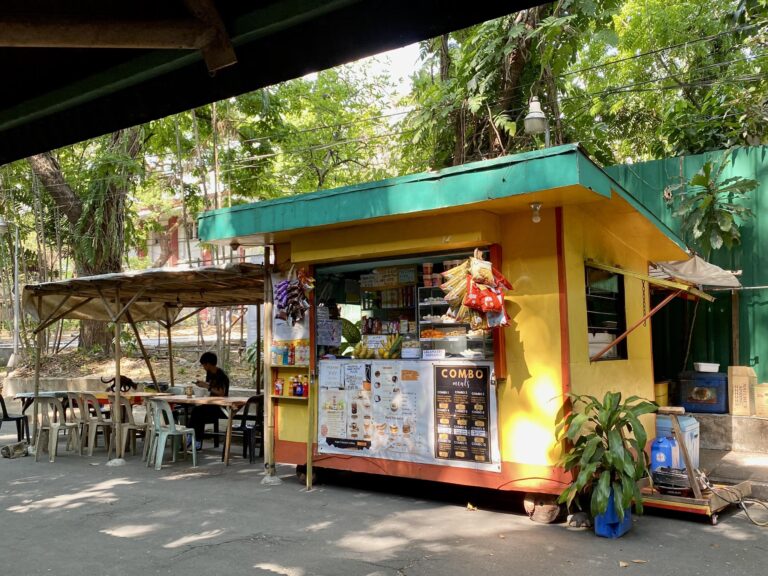
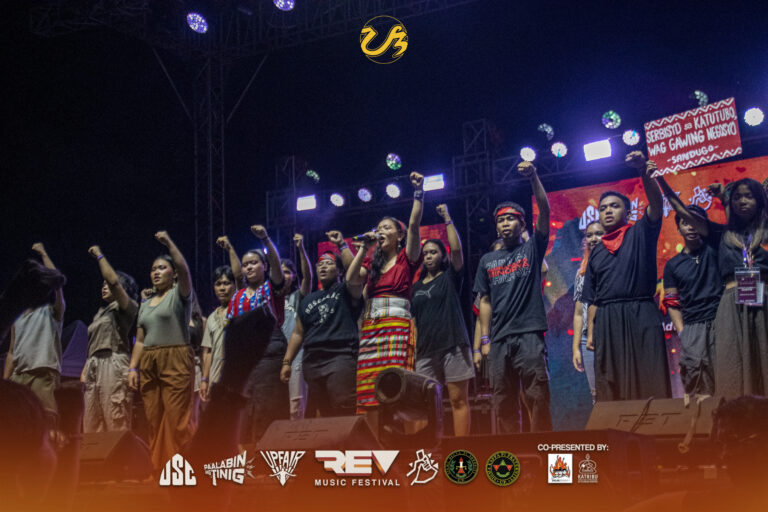

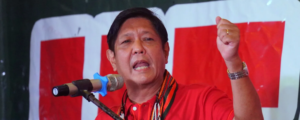
Thank you for the sensible critique. Me and my neighbor were just preparing to do some research about this. We got a grab a book from our local library but I think I learned more from this post. I’m very glad to see such fantastic info being shared freely out there.